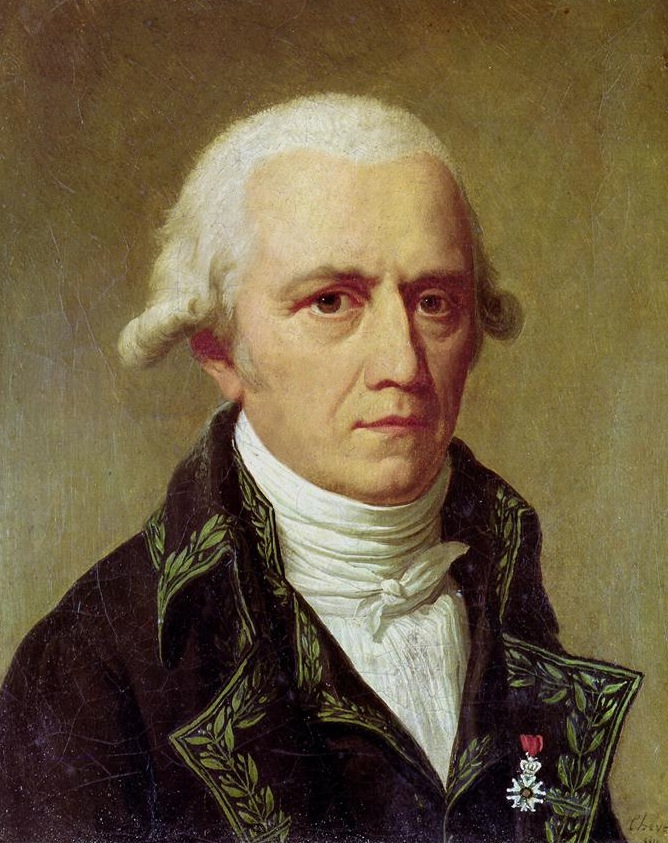
Jean Lamarck (1744 - 1829)

Jean Lamarck (1744 - 1829)
In full, Jean Baptiste Pierre Antoine de
Monet, Chevalier de Lamarck, was an 18th century French
evolutionist, best known for his "Zoological Philosophy"
(1809), in which he advanced the first modern theory of
evolution, in which species were transformed over time into
other species.
Lamarck's theory was not well received, for
three reasons. He was a member of the French aristocracy, but
sided with the revolutionists, earning him the enmity and
distrust of conservatives on the Continent and especially in
England. He included in his theory a concept of inheritance of acquired
characteristics, famously a very brief passage that
Giraffes had acquired their long necks by stretching to reach
higher leaves, and that the changes so obtained were passed on
to their offspring. In English editions, the "besoin" of the Giraffe
was inaccurately translated as "need" rather than
"want", which implied a teleological (goal-oriented)
motivated. Finally, the book was written without support of
empirical evidence, unlike Darwin's Origin fifty years
later.